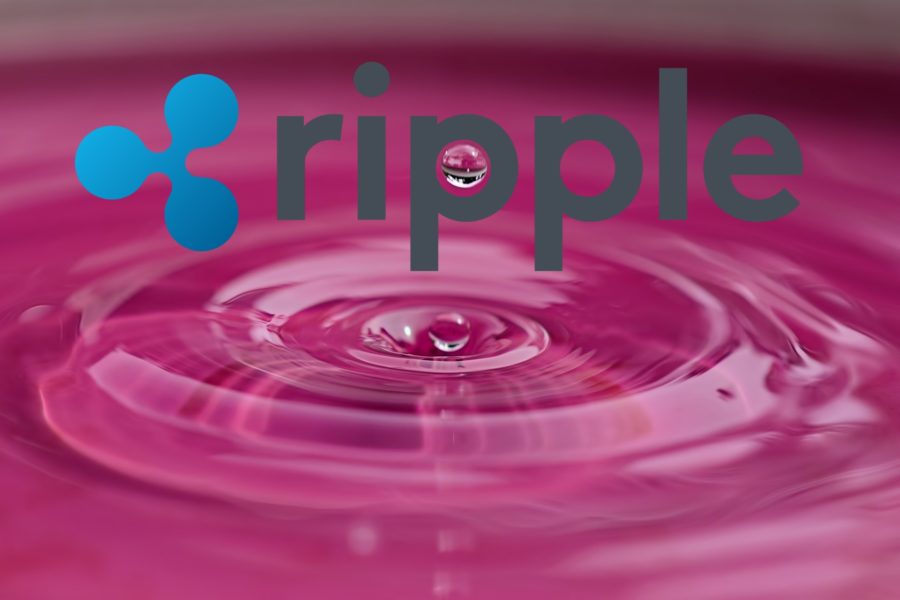Ripple and XRP land in the spotlight all over again following the latest reports.
The two entities have been on a journey for mainstream adoption and it seems that things could not go better these days.
Luxembourg accepts Ripple’s technology
Pierre Gramegna, Luxembourg’s Minister of Finance, has just hinted on his Twitter account at the acceptance of Ripple’s tech in his country.
This led to the hope that we’ll be seeing mass adoption of XRP in Luxembourg but also across Europe.
This cam right after XRP received the security clearance by the Luxembourg Private Equity and Venture Capital Association (LPEA).
“Gramegna hinted on the acceptance of Ripple blockchain technology in the country,” reports TodaysGazette.
The same online magazine said that the Finance Minister shared a photo of himself and Executive Chairman and co-founder of Ripple on his Twitter account.
Excellent exchange of views with @chrislarsensf. Looking forward to the further development of @Ripple in #Luxembourg and #Europe. pic.twitter.com/M6xJAc7Fxn
— Pierre Gramegna (@pierregramegna) April 9, 2019
He talked about the potential growth of Ripple in Luxembourg and other European countries as well.
His post said: “Excellent exchange of views with Chris Larsen. Looking forward to the further development of Ripple in Luxembourg and Europe.”
It’s also worth noting that the University of Luxembourg confirmed its participation in a Ripple-funded research program at the University Blockchcian Research Initiative.
XRP is not classed as a security
All of the above comes right after not too long ago, a paper that’s been released by the Private Equity and Venture Capital Association in Luxembourg (LPEA) said that Ripple’s XRP is a Payment Token and not a security token.
The paper classified XRP and BTC as Payment Tokens and not securities. This means that they don’t have a specific issuer.
What just happened in Luxembourg is extremely important for the crypto community and of course especially for the Ripple and XRP enthusiasts. The reason is that this could all become a precedent and trigger more similar movements across Europe.
